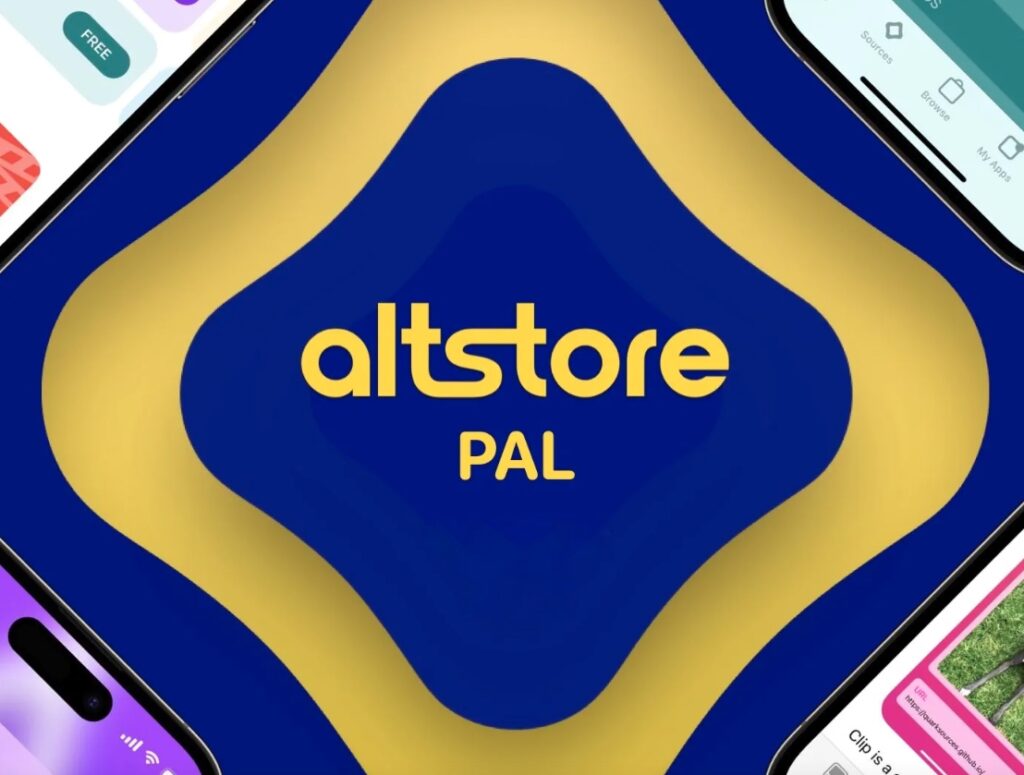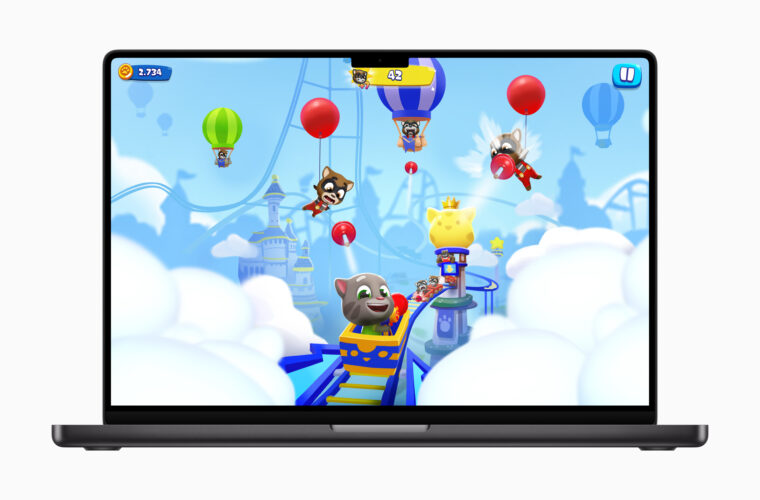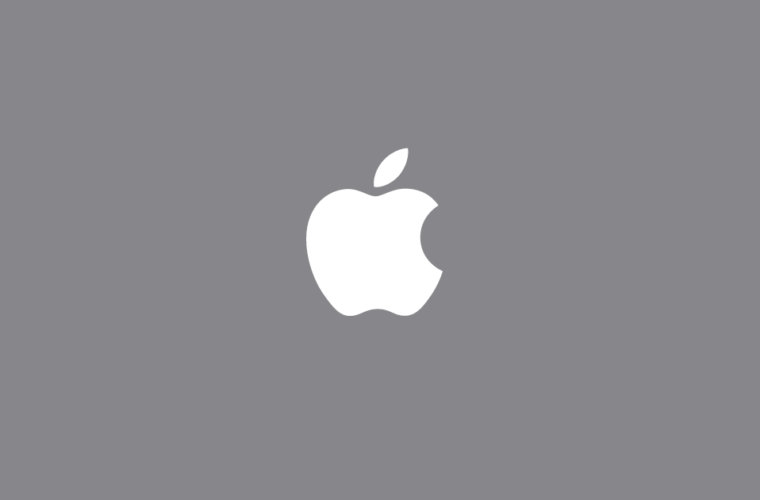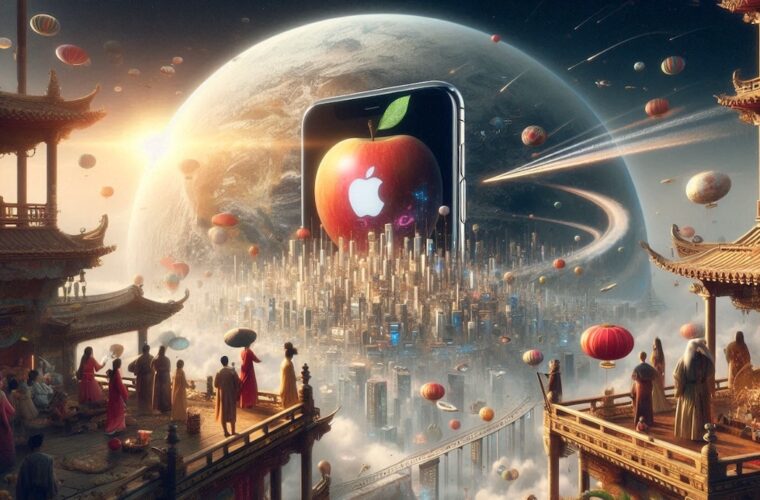After a testing period that began immediately after Apple announced that it would support alternative marketplaces as of iOS 17.4, in compliance with the rules imposed in the European Union by the Digital Markets Act, developer Riley Testut released AltStore PAL, the first third-party app store that allows apps from independent developers to be installed on the iPhone. Using the exact words that Steve Jobs uttered at the launch of the first iPhone in 2007, Riley Testut said, “This is a day I’ve been looking forward to for over 10 years”.
AltStore PAL
AltStore was initially launched by Testut with two of its apps. The first is Clip, described as a ‘real clipboard manager’ that can run in the background. Downloading requires a minimum contribution of EUR 1 (plus tax) via Patreon; the second, which is free of charge (although an annual subscription of EUR 1.50 + VAT to AltStore must still be paid), is the all-in-one Nintendo emulator Delta, ‘the real reason’ why Testut created AltStore.
Delta supports NES, SNES, Nintendo 64, Game Boy Color, Game Boy Advance and Nintendo DS. Skins for the different systems load automatically depending on what is being played. Controls are touch, but many retro and modern game controllers can also be used. Saves are supported, and content can be synchronized between devices.
There is no shortage of advanced features, such as support for Game Genie and GameShark cheat codes, a pause button, and fast forwarding to speed up slow parts of games. When importing a game ROM, Delta automatically detects the appropriate package graphics, and there is support for 3D Touch, and app icon shortcuts to access recent and favourite games. No games are included with Delta when installed, but zipped files uploaded to Files, iCloud Drive, Dropbox, or Google Drive can be uploaded. Remember that Apple’s App Store rules allow ‘retro game console emulation apps’, and Apple states that developers must ensure that their software complies with ‘all applicable laws’.
Retro emulators for Apple
A type of app, retro game emulators, which until a dozen days ago were ‘banned’ on the App Store but which Apple has now ‘liberalized’ globally, not only in Europe. As well as via AltStore, PAL Delta is also available directly and free of charge via the official App Store, but for now, only on the US App Store. In the past few days, we remember iGBA arriving in the App Store.
This emulator had blatantly turned out to be a copy of GBA4iOS, an open-source app also developed by Riley Testut but stuffed with ads capable of tracking users. GBA4iOS, in turn, was the predecessor of Delta, which, until now, could only be installed on iPhones by jailbreaking them. iGBA, as might be expected, had climbed the App Store charts within hours but was subsequently removed for violating both the spam-related app review guidelines (section 4.3) and the copyright guidelines (section 5.2), probably requested by Testut.
Both Delta and Clip highlight the kind of software that might be possible on the iPhone now that developers do not have to go through the App Store. As a game emulator, Delta is in a legal grey area. Clip, on the other hand, has to use several alternative solutions to run in the background indefinitely, and, according to Testut, these alternative solutions ‘are all against App Store rules’.

How Altstore works
Returning to AltStore, unlike the App Store, all apps are hosted independently on this alternative marketplace. Once Apple has authenticated an app, a necessary condition is that developers can download the processed ‘alternative distribution package’ (ADP) and upload it to their own server. To distribute an app with AltStore, a developer simply has to create a ‘source’, i.e. a normal JSON file containing the app’s basic metadata uploaded to a public URL.
Users must then add this source to their AltStore, after which all apps from that source will automatically be displayed for download. Sources are an integral part of AltStore’s design, allowing it to be completely decentralized. This means that there is no central app directory and that it is up to developers to self-promote their apps and direct users to their websites. App distribution with AltStore is also completely free: anyone can distribute an app for free if they create a source.
Web Distribution
Thanks to sources, the distribution of apps with AltStore is entirely under the developer’s control, who can decide when to publish new versions of the app by choosing when to upload the updated source JSON. If all this sounds like the ‘Web Distribution’ functionality, which allows apps to be downloaded directly from the web, it is because it is. AltStore, in practice, is more of a sideloading tool than an app store.
On the AltStore, says Testut, ‘all apps are welcome’, but it probably makes much more sense for stand-alone apps that otherwise could not exist ‘because of App Store rules’. AltStore is not free but requires an annual subscription of €1.50 (plus tax) to cover the Core Technology Fee (CTF) required by Apple for the app marketplace itself. On the other hand, developers will be able to charge through Patreon. The store will also support developers wishing to distribute beta apps as a reward for crowdsourcing funding, which is not allowed in the App Store.



